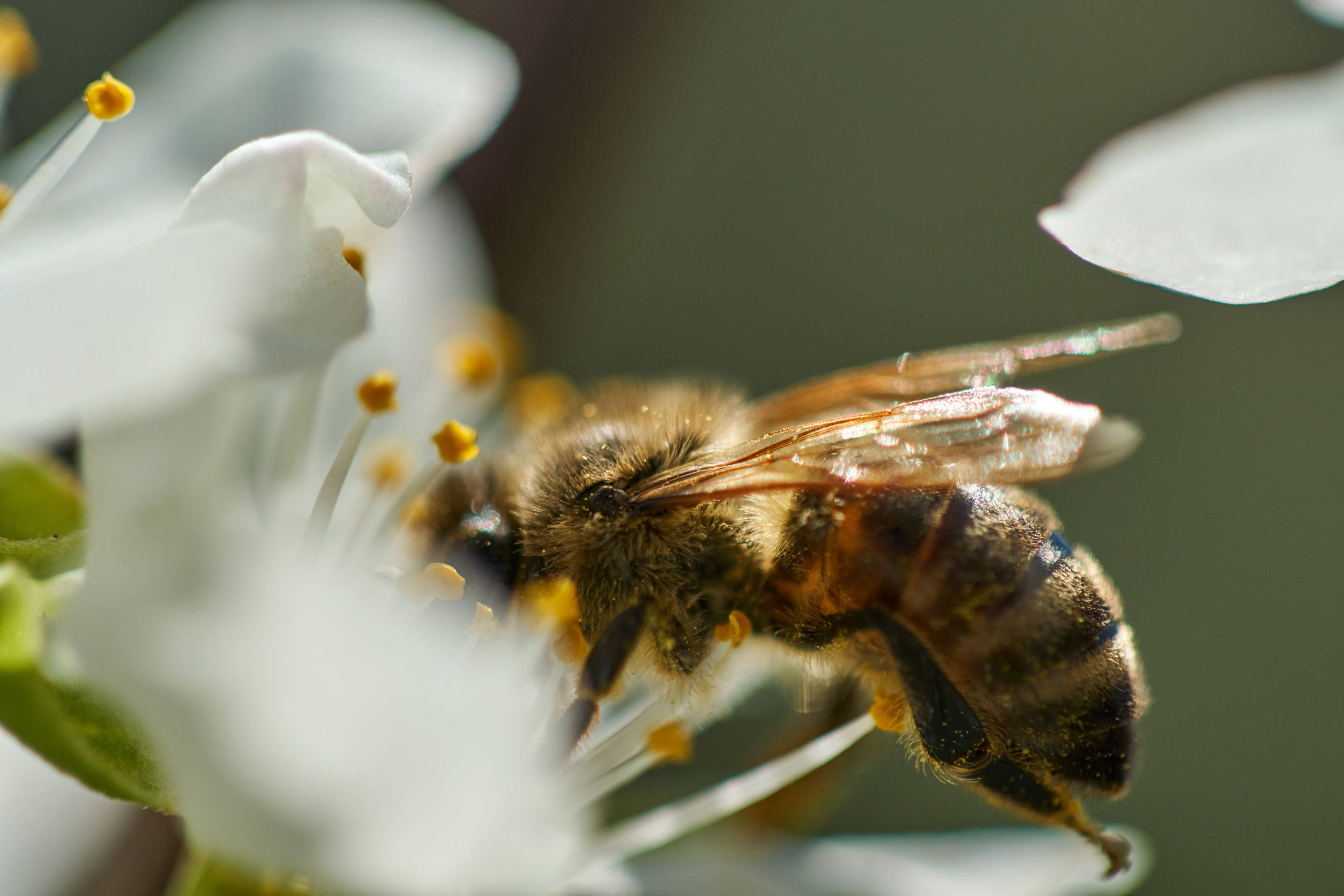Kindness can turn a bad day into a great one in a matter of seconds. We all hold the power to give the gift of kindness within us, whether that’s giving someone your full attention in a conversation or just simply smiling at a stranger on the street, these little gestures can mean a lot.
As a society, though, how kind are we? A survey carried out by the University of Sussex sought to understand how kindness is viewed in society at large and gather data to fill in research gaps. The study posed questions like what acts of kindness do people carry out most regularly? Is kindness viewed as weakness? Where do people experience kindness the most? What stops us from being kind?
The biggest kindness study on record
The Kindness Test involved over 60,000 people from 144 different countries around the world, making it the largest public study of kindness ever carried out. You can listen to the full rundown of the results in the three-part BBC Radio 4 documentary, The Anatomy of Kindness, airing this month. The research will also soon be submitted for publication so their findings can be used to forward research in the future. Here are a few interesting findings from the test.
Kinder people, or simply people who are more aware of kindness experience higher levels of life satisfaction and wellbeing. As other studies have found, two-thirds of participants believe the pandemic has made people kinder, perhaps by giving us a collective struggle that increased our empathy for each other. The study also found that nearly 60 percent of the people who partook in the research claimed to have received an act of kindness within the previous day.
It’s in our nature
“It is a big part of human nature, to be kind – because it’s such a big part of how we connect with people and how we have relationships,” says Claudia Hammond, study collaborator and the presenter of the documentary to The Guardian. “It’s a win-win situation, because we like receiving kindness, but we also like being kind.”
The overarching trend from the data is that your personality determines how kind you are to others and also how kind they are to you. People who are open to new experiences, agreeable, like talking to strangers, or are extraverted all reported higher levels of kindness in their lives.
Hammond believes this may be because they have more confidence to enact kindness. “You need confidence to be able to offer kindness and to face the possibility that your offer of kindness may be rejected. And people may be happier to do that, and talk to strangers, if they are extroverted.”
To overcome this fear of rejection as your blockade to kindness, remind yourself how incredible it feels to receive it. “When we asked people how they felt, they said warm and happy and grateful and loved and pleased,” Hammond added.
You can carry out life changing acts of kindness for other people and yourself. Self-compassion is vital for mental health and overall life satisfaction. For some tips on how to direct some of that kindness to yourself, check out this guide on writing a self-compassion letter.











